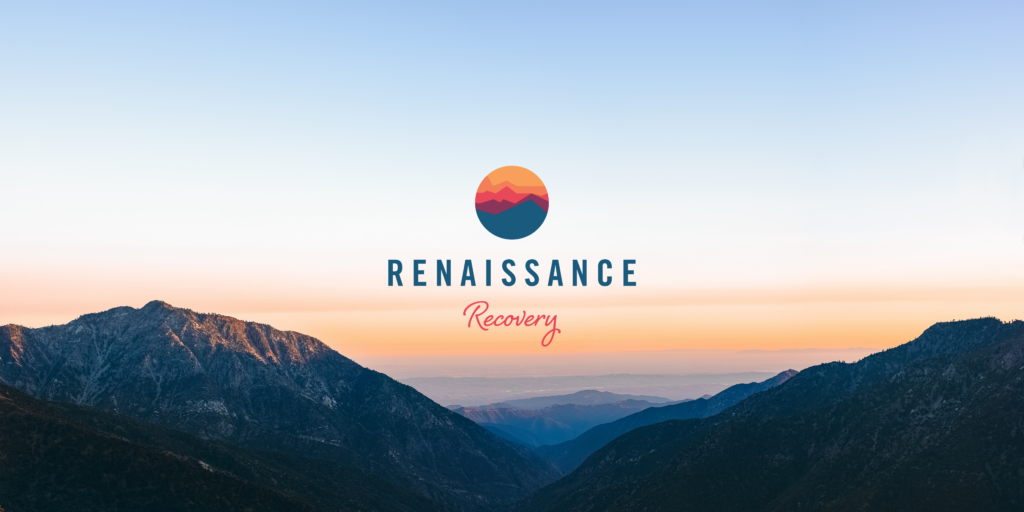Knowing how to repair broken relationships in recovery is a skill you will need to master. While it won’t happen overnight, with hard work and commitment, consistent, positive, and healthy behaviors can help fix a relationship. While Renaissance Recovery’s California rehab will help clients overcome substance abuse, there are still things that need to be done even after achieving sobriety.
Repairing Broken Relationships in Recovery for Addiction
Once you’ve completed an addiction treatment program and have achieved sobriety, there are many things you can do to restore relationships, such as:
Completing Step 9 of Alcoholics Anonymous (AA) or Narcotics Anonymous (NA)
If you are working through the 12 steps, you will eventually reach Step 9, which entails apologizing to those you have hurt and making amends. If you aren’t in a 12-step program, figure out other ways to atone for your mistakes. This could include paying people back after stealing money, getting a car fixed, paying legal fees, etc.
Going to Couples or Family Therapy
Couples counseling and family therapy focus on repairing dysfunctional relationships and improving communication and conflict resolution skills. This is a good start for your most serious relationships.
Maintaining Sobriety and Working on Rebuilding Your Life
If you’re able, you should endeavor to return to work if you lost your job. You should also focus on healthy hobbies, leaving behind any hobbies that could trigger a relapse. This means making a new, sober group of friends. Spending quality time with your family will strengthen your bonds and further demonstrate your commitment to recovery. Most of all, follow your relapse prevention plan and make your efforts very obvious to loved ones.
Taking Responsibility for Your Actions
This is a big one. Acknowledging your mistakes of the past is part of the 12-step program. Make the rounds, visit those you’ve wronged, make sincere apologies, and ask for forgiveness from those you care about.
Making a Commitment to Remain Trustworthy
Follow through with your promises and make it clear you’re doing so. Show up on time (every time) for plans, functions, events, and obligations. Do what you say you will do, and show your dedication to your new, sober life through your actions.
Learning (And Practicing) Good Communication Skills
Learn to communicate your needs calmly and effectively, and listen and respond to your loved one’s needs. This will likely be a whole new style for you. Remember the basics: make eye contact, avoid interrupting or redirecting the conversation to yourself, and refrain from passing judgment.

Keeping a Journal
Sometimes confessing the mistakes you made while abusing substances will hurt your loved one even further. You might not want to disclose details that can cause pain and suffering, and you may also need an outlet for your emotions. Keeping a journal allows you to write down things you might not want to say to your friend or family member.
Staying Active in The Lives of Your Loved Ones
Be an active participant in the lives of your children, spouse, and other loved ones. Take interest in their hobbies and pursuits, and offer support and encouragement. Spend quality time with them. Take long walks. Talk candidly. Open up to them like never before. It’ll take time but the reward is immeasurable.
How to Repair Broken Relationships in Recovery
Since everyone knows that in reality, it’s hard to fix a relationship, remember that some friends might not warm immediately to the idea of having you back in their life. Don’t take it personally. They might only know the old you, the person living with addiction. You’re a different person now.
If your friend or loved one doesn’t want to meet face-to-face, try calling them. If that doesn’t work, try writing a letter or sending an email to initiate contact. Perhaps even reach out to them on social media. If you receive an encouraging response of any kind, continue the conversation until you feel it’s right to suggest meeting up to apologize and make amends. If not, give your loved one time to process the information and wait until they’re ready to connect with you.
Regaining trust after addiction takes time. People who suffer from substance abuse are often unreliable, break promises and neglect responsibilities. Don’t become angry or frustrated if your loved one is hesitant to trust you. In some cases, the damage may be too severe to fix, and you may need to learn to accept that.
Relationship Advice After Recovery
- Be prepared to face resistance. Not everyone is going to be open and welcoming. Some family members or friends may be skeptical or unwilling to trust you again.
- Put yourself in your loved ones’ shoes. They may be suffering from emotional, financial, or mental health problems as a result of your addiction. Try to be empathetic and understanding of their situation.
- Be patient. It takes time and effort to return to the level of trust you had before abusing drugs or alcohol.
- Learn to forgive yourself. You won’t be able to move on and build a positive and healthy relationship if you continue to carry around guilt about your past behaviors. You can’t change the past, but you can control your future actions.
- Remember that you can only change yourself. You can’t change how other people perceive you. Focus on making improvements and re-establishing connections with others.
If you spend the time to learn how to repair broken relationships in recovery, it’ll be that much easier to put your plan into action when you’re ready to move in that direction. With persistence, candor, introspection and an open mind, you can help fix a relationship that you might’ve thought was beyond repair.

Get Treatment at Renaissance Recovery
If you haven’t gotten through recovery yet, it’s time to seek addiction treatment. At Renaissance Recovery’s California and Florida rehabs, we offer a variety of therapy and treatment programs to help you overcome your addiction. These options include:
To learn more about how to repair broken relationships in recovery, or to enroll in our programs, call us at 866.330.9449 today.









